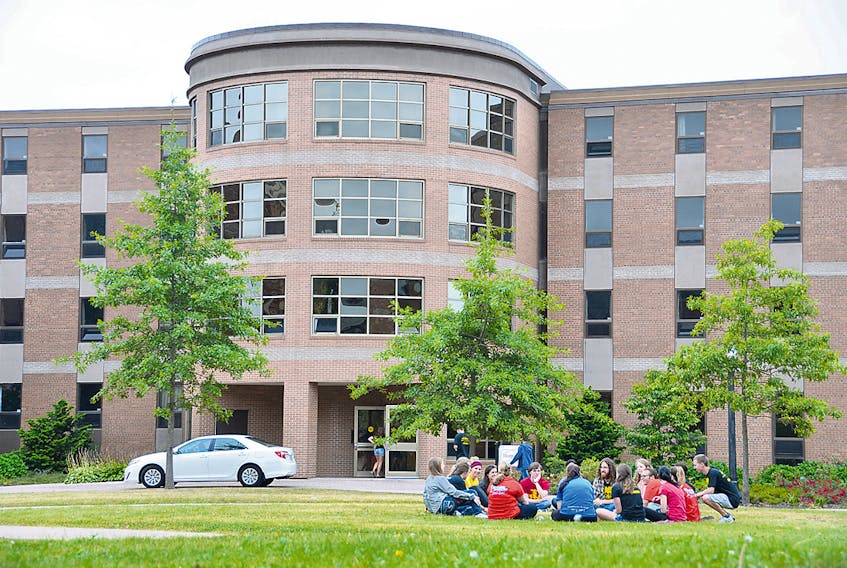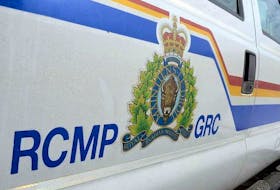SACKVILLE, N.B. – Mount Allison University issued an alert last week confirming a student was diagnosed with the mumps.
“Public Health has confirmed a single case of the mumps in a student attending Mount Allison,” the alert, which was last updated Friday, April 6, stated. “Anyone who came into close contact with the student has been notified by Public Health, which is part of their normal precautions for certain communicable diseases. The student in question is no longer able to pass on the virus.”
Information provided by Public Health says mumps is caused by a virus and is spread through close contact with an infected person. It is highly contagious and is easily passed from person to person.
An individual can become infected by breathing in the virus when in close contact with someone who coughs or sneezes. The virus can also be spread by direct contact with the nasal or throat secretions of an infected person through sharing:
– food, drinks, eating utensils, or saliva (kissing)
– toothbrushes, mouthguards, towels, cigarettes, or lipstick
– toys that young children bring to their mouth or musical instruments with a mouthpiece
An infected person can spread mumps from about seven days before to nine days after swelling of the cheeks and neck.
People with mumps should stay away from childcare centres, school, and work for five days after neck and cheek swelling. They should cover their nose and mouth when coughing or sneezing, throw away dirty tissues, wash hands well, and not share eating utensils, food, or drinking cups.
People who have been in close contact with someone who has mumps should consult a healthcare provider or Telecare at 811.
Public Health says the best way to prevent mumps is to be immunized. In New Brunswick, children receive a measles, mumps, and rubella (MMR) vaccine at 12 and 18 months of age as part of the routine immunization schedule.
Adults born in 1970 or later who have not previously received two doses of MMR vaccine are eligible to receive free MMR vaccine.
- the Sackville area, anyone interested in receiving the mumps vaccine for the first time or who requires the recommended second dose can contact Public Health New Brunswick’s Moncton office at 506-856-2401, their family physician or a local pharmacy: Guardian Drug Store, 506-536-2255, 106 Main St.; or Jean Coutu pharmacy, 506-536-0230, 93 Main Street.
A single case of the mumps was also recently reported at the high school in neighbouring Amherst, N.S. In a letter from the area’s chief medical officer of health Dr. Ryan Sommers, Amherst Regional High School (ARHS) students were told Public Health investigates many communicable diseases to prevent spread and protect the health of the public.
“We have determined that you may have been exposed to mumps in the classroom setting,” Sommers said in the letter dated April 4.
Sommers said there has been an increased number of mumps cases in the Halifax area as well as in the Antigonish areas.
“Right now, we’re trying to figure out if this case is connected to the larger cluster of cases,” Sommers said of the Amherst case. “Nothing is for sure that it’s connected and it’s common to get mumps a couple of times a year and from time to time we do see an increased number of cases.”
What are the symptoms?
Symptoms usually start about 16 to 18 days after infection. The following are common symptoms of mumps:
– swelling of the cheek or neck on one or both sides
– fever
– headache or earache
– tiredness
– sore muscles
– trouble talking, chewing or swallowing
– loss of appetite.
Most people recover from mumps within seven to 10 days. However, those who become very ill can develop complications including:
– swelling of the brain (encephalitis) or of the lining of the brain (meningitis)
– arthritis
– deafness
– sterility (unable to have children)
– increased rate of miscarriage for those in the first trimester of pregnancy
– With files from Darrell Cole – Cumberland News Now









